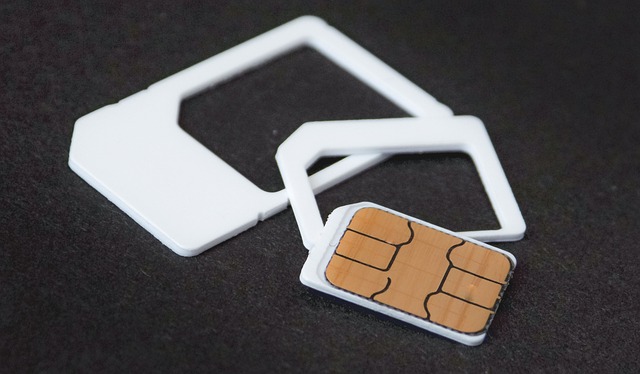Blockchain's Potential to Revolutionize Telecom Billing and Settlements
In an era of rapidly evolving telecommunications, blockchain technology emerges as a potential game-changer for billing and settlements. This distributed ledger system, known primarily for its role in cryptocurrencies, could reshape how telecom operators manage transactions, reduce costs, and enhance transparency. But how exactly might this transformation unfold, and what challenges lie ahead?

The application of blockchain in telecom billing and settlements addresses several pain points in the industry. Currently, telecom operators face challenges with inter-carrier settlements, roaming agreements, and revenue assurance. These processes often involve multiple intermediaries, manual reconciliations, and lengthy settlement periods, leading to increased costs and potential disputes.
Streamlining Inter-Carrier Settlements
One of the most promising applications of blockchain in telecom is streamlining inter-carrier settlements. When a customer from one network makes a call to someone on another network, the operators must settle the charges between themselves. This process is typically complex, time-consuming, and prone to errors.
Blockchain can automate this process by creating smart contracts that execute settlements in real-time. As calls or data transfers occur, the blockchain records these transactions instantly and transparently. This eliminates the need for manual reconciliation, reduces settlement times from weeks to minutes, and minimizes the potential for disputes.
Moreover, the immutability of blockchain records ensures that all parties have access to the same, tamper-proof data. This increased transparency can significantly reduce fraud and improve trust between operators.
Enhancing Roaming Services
International roaming is another area where blockchain could bring substantial improvements. Currently, roaming involves complex agreements between operators in different countries, often leading to high costs for consumers and delayed settlements between carriers.
With blockchain, roaming agreements could be encoded as smart contracts. When a customer uses their phone abroad, the blockchain would automatically record usage data and trigger the appropriate charges and settlements between operators. This real-time processing could lead to more accurate billing, faster settlements, and potentially lower roaming costs for consumers.
Furthermore, blockchain could enable more flexible and personalized roaming packages. Operators could offer dynamic pricing based on real-time usage data, allowing customers to choose the most cost-effective options for their needs.
Improving Revenue Assurance
Revenue assurance is a critical concern for telecom operators, who must ensure they’re accurately billing for all services provided. Blockchain’s transparent and immutable nature makes it an excellent tool for improving revenue assurance processes.
By recording all transactions on a blockchain, operators can create a comprehensive and tamper-proof audit trail. This makes it easier to identify discrepancies, prevent revenue leakage, and detect fraudulent activities. The real-time nature of blockchain also allows for quicker identification and resolution of billing issues, improving customer satisfaction and reducing revenue loss.
Challenges in Implementation
While the potential benefits of blockchain in telecom billing and settlements are significant, implementation challenges remain. One major hurdle is the need for industry-wide standards and cooperation. For blockchain to be truly effective, multiple operators and service providers must agree on common protocols and platforms.
There are also technical challenges to consider. Blockchain systems must be scaled to handle the enormous volume of transactions in the telecom industry while maintaining speed and efficiency. This may require significant investments in infrastructure and technology.
Additionally, regulatory compliance is a crucial consideration. Telecom operators must ensure that blockchain implementations meet data protection and privacy regulations, which can vary significantly across different jurisdictions.
The Road Ahead
Despite these challenges, the potential of blockchain to transform telecom billing and settlements is too significant to ignore. As the technology matures and industry collaborations increase, we can expect to see more pilot projects and implementations in the coming years.
The benefits of increased efficiency, reduced costs, and improved transparency make blockchain an attractive proposition for telecom operators. Moreover, these improvements could ultimately lead to better services and pricing for consumers, making it a win-win solution for the industry and its customers.
As telecommunications continue to evolve, blockchain technology stands poised to play a crucial role in shaping the future of billing and settlements. While the journey may be complex, the destination promises a more efficient, transparent, and customer-friendly telecom ecosystem.





